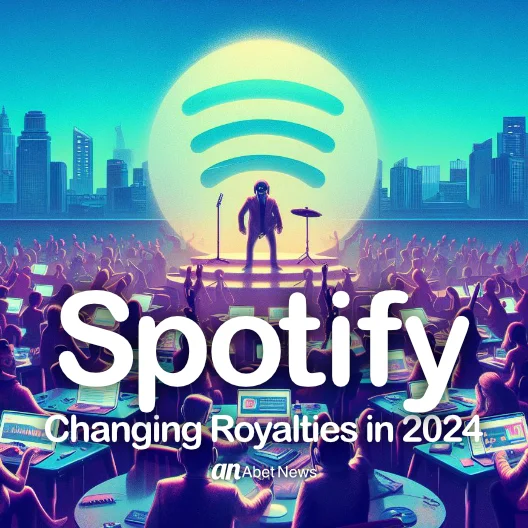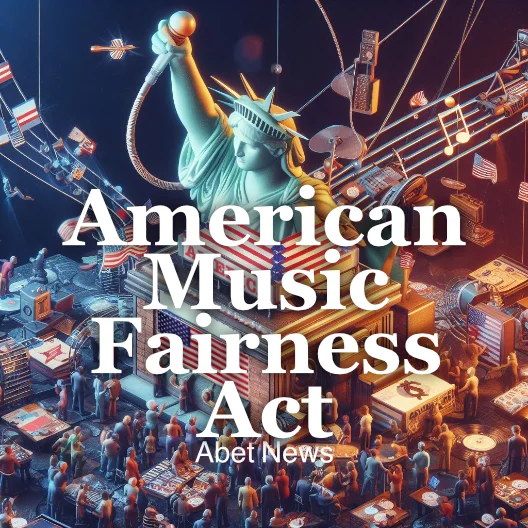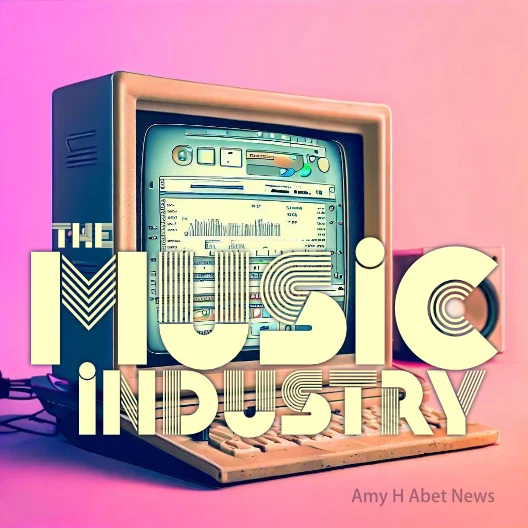Streaming Independent Artists
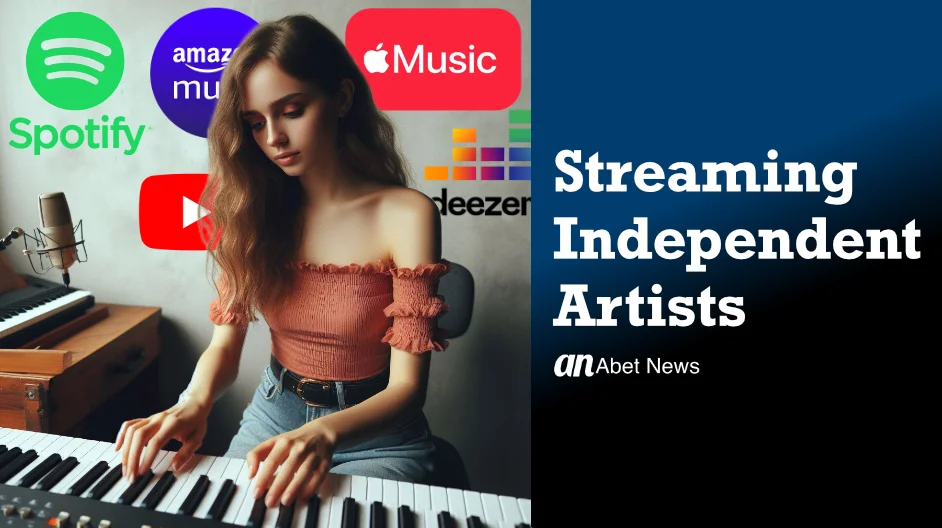
Are major labels through streaming platforms killing the independent artist?
Streaming platforms have revolutionized the music industry, allowing millions of listeners to access a vast catalog of songs with a click of a button. However, not all artists benefit equally from this system, as major labels have a disproportionate share of the streaming revenue and influence. In fact, some argue that streaming platforms are killing the independent artist, who struggles to make a living from their music.
The Numbers Game
According to the 2023 Music Economics Report for Independent Artists by Duetti, a platform that connects independent artists and fans, independent artists need to generate 5,000,000 streams annually in order to make the US federal minimum wage of $15. This means that an independent artist would need to have an average of 13,698 streams per day, or 570 streams per hour, to earn the equivalent of $7.25 per hour. This is a daunting task, considering that the average number of streams per song on Spotify is 25,000.
Major Labels’ Advantage
Meanwhile, major labels enjoy a significant advantage over independent artists on streaming platforms, as they have confidential and complex contracts, minimum payment guarantees, ownership stakes, and better access to playlists. For example, Universal holds a 3.5% stake and Sony Music a 2.9% stake in Spotify, while Deezer is part-owned by Access Industries, which also owns Warner Music Group. These stakes are worth hundreds of millions of dollars at Spotify’s current market cap. Moreover, major labels have the power to negotiate higher royalty rates and advance payments from streaming platforms, as well as to influence the algorithms and editorial decisions that determine which songs are promoted and recommended to listeners.
The Call for Transparency
Some independent artists and industry experts have called for a more fair and transparent system of streaming royalties, such as user-centric payments, which would allocate the revenue from each subscriber to the artists they actually listen to, rather than the overall pool. This could potentially benefit niche genres and loyal fanbases, while reducing the dominance of major labels and mainstream artists. However, such a system would require the cooperation and consent of all stakeholders, including streaming platforms, major labels, and collecting societies, which may not be willing to give up their existing privileges and profits.
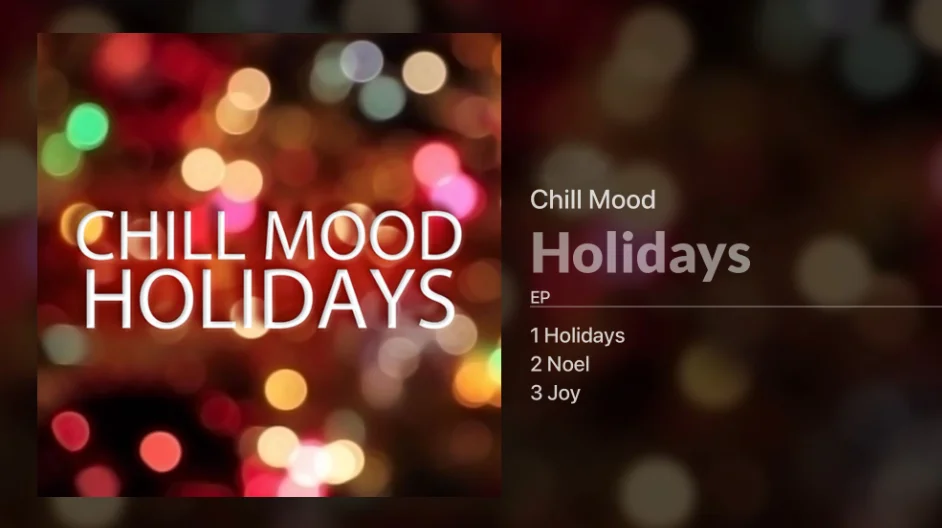
The Streaming Dilemma
Streaming platforms have undoubtedly changed the music landscape, but they have also created new challenges and inequalities for independent artists, who face an uphill battle to survive and thrive in the digital era. The question is, can streaming platforms and major labels coexist with independent artists, or are they destined to kill them off?
Petra Lugar
